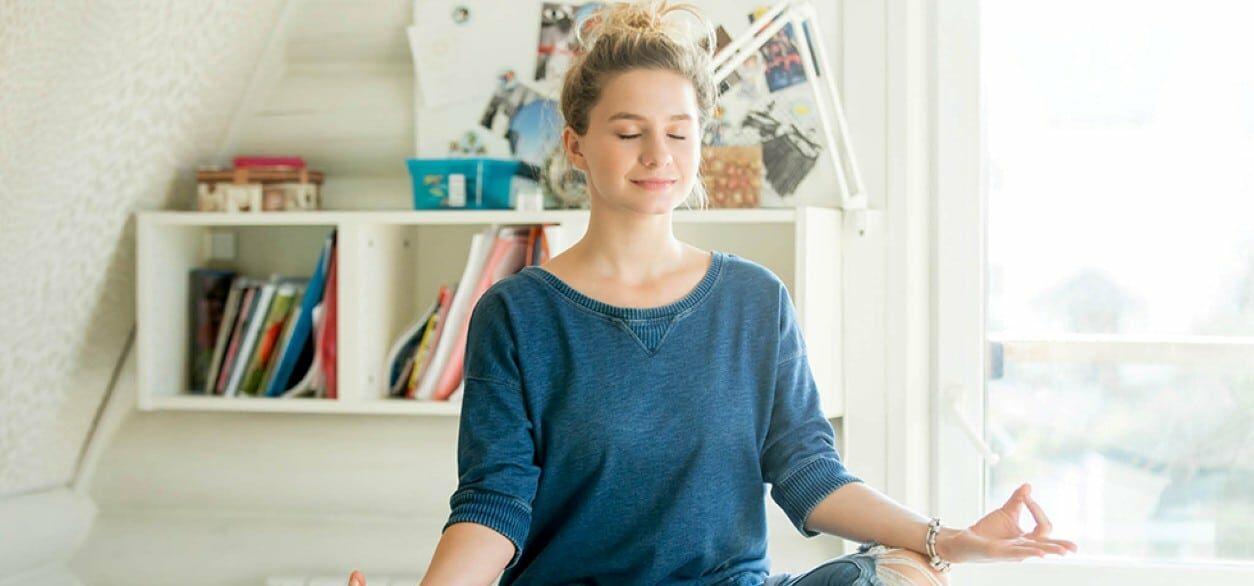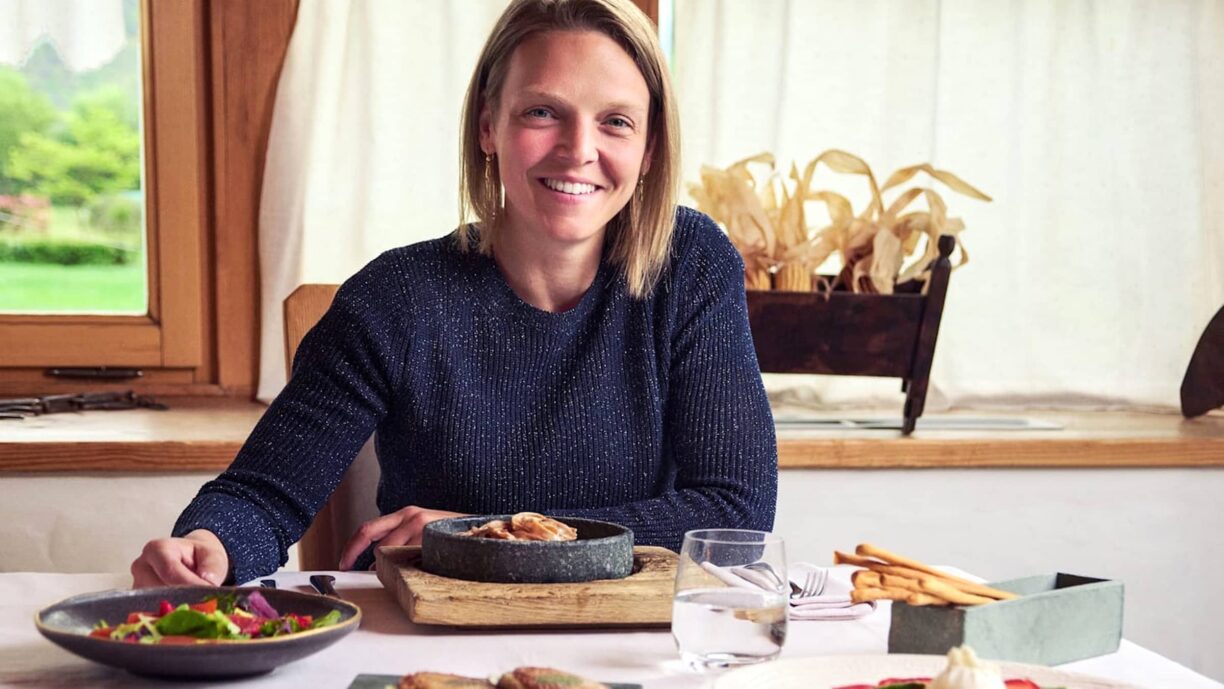There’s no question a good tidy-up can be good for the soul. Restoring calm in our surroundings means a calmer mind too, freeing us from the disorder that mental clutter and clogs our brains as much as our rooms.
But knowing this is one thing – actually confronting that archive of un-sorted life admin crammed in the bottom drawer, or the long-unused kids’ stuff and camping gear (unwashed since last outing) now mummifying in the under-stairs cupboard, is quite another.
Decluttering pro Helen Sanderson knows the struggle is real. She’s heard all the excuses – but she’s also seen the powerful transformations that can take place when you finally get past those hurdles.
Fear of letting go
“Clutter can have a huge impact on your energy. It holds us back and can be very draining,” explains Helen, who as an interior designer with a background in psychotherapy has unique insight into how our physical environments and wellbeing overlap.
She acknowledges tackling the issue can be overwhelming, and even paralysing.
“It’s driven by fear of making decisions, procrastination, and letting go of the past,” says Helen, who founded Ministry of Calm in 2005.
“We often have stuff we’ve been avoiding dealing with because it has negative associations and memories.
“This can be anything from unfiled divorce papers, dealing with items belonging to someone who has died, or even simply clearing out that messy ‘man drawer’, as Michael McIntyre likes to call it.
That drawer with old phones that no longer work, strange wires and old foreign currency no longer in circulation, but you worry about throwing away in case you need it one day.
“The trouble is, when you procrastinate like this and don’t deal with these things, you always have that nagging voice in your head saying, ‘You should do this’, and every time you think about it you’re reminded about the past event you don’t want to think about,” she adds.
“It’s a vicious cycle and saps energy that could be used in the present moment to do something creative with your time, rather than beating yourself up.”
Time to get mindful
While clear-out queen Marie Kondo had us all streamlining our belongings by saving only those things that brought us pure joy, Helen is here to remind us that there’s no one-size-fits-all approach when it comes to achieving the optimal amount of stuff – and that’s OK.
But, by following a few simple steps, you can figure out the best fit for you and tidy your way to lower stress and newfound clarity.
How? It’s all about ‘mindful decluttering’, and to make this easy she’s created the Home Declutter Kit: The Mindful Method To A Stress-Free Home.
Based on the systems she’s used to help hundreds of clients over the past decade, the kit comprises an easy-to-follow guide and 30 illustrated prompt cards; a toolkit to help ease people through the process.
As well as tips for working out what to keep or get rid of, there are space-friendly suggestions for holding onto memories (like photographing things and creating an album or scrapbook, instead of leaving items crammed in a box that never gets looked at), plus dos and don’ts to help you avoid classic clutter mistakes.
More than just ‘tidying up’
Sure, you don’t need a manual for shoving things in storage boxes and hiding them under the bed. But this is about sorting the issue, not just disguising or moving it.
“For most people, tidying up means putting things away, whereas mindful decluttering is really being conscious about and connecting with your possessions in a meaningful way,” Helen notes.
“It’s about being more aware and present to your stuff and surroundings, thinking about what things mean to you, rather than just putting stuff in cupboards.
When people declutter, they often say, ‘Oh, that’s where that is’, because they’ve lost connection to the things they have and become unconscious to them.
“Getting people into the action of decluttering can be cathartic and form part of a healing process, helping people move on in areas where they are stuck and making space for a happier life,” Helen adds. “When people get into the swing of letting go, it gives them a massive amount of energy.”





